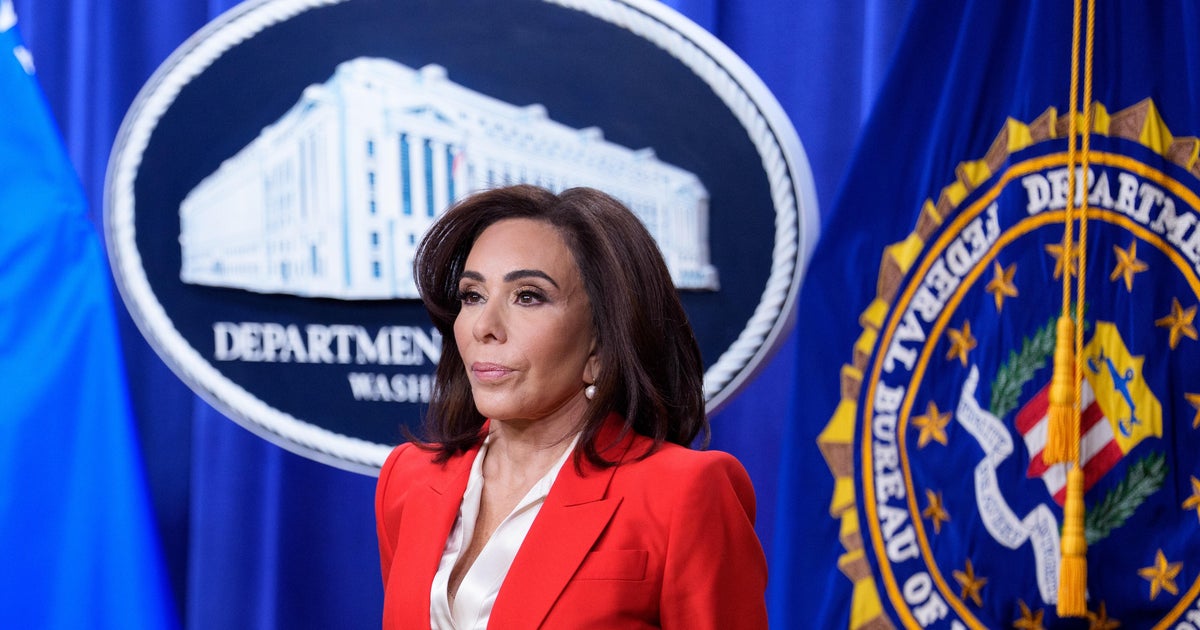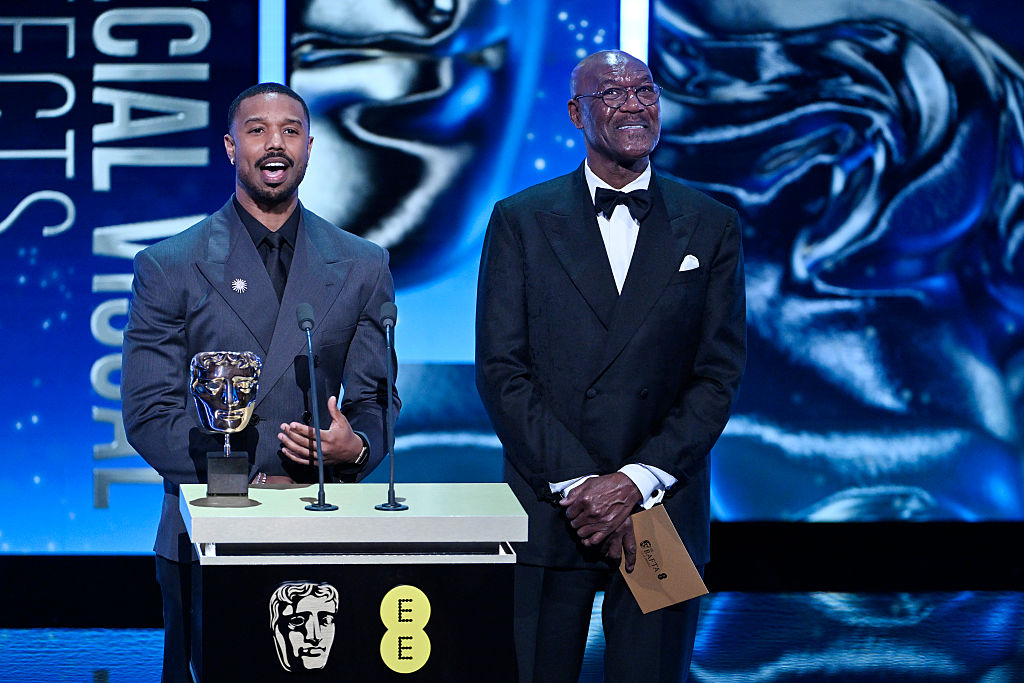Meryl Streep and Tom Hanks on the timely themes in "The Post"
Combined, award-winning actors Meryl Streep and Tom Hanks have appeared in more than 100 films, but "The Post" marks the first time the two are on screen together. The timely tale features Streep as Katharine Graham, the publisher of the Washington Post, and Hanks as legendary editor Ben Bradlee during the paper's famous and difficult decision to publish top secret government information about the Vietnam War from the Pentagon Papers in 1971.
Streep and Hanks, who both received Golden Globe nominations for their performances, joined "CBS This Morning" to discuss the eerie relevance of the film's themes today and the evolution of Katharine Graham's leadership in journalism – an industry largely dominated by men.
"It was 1971. It's when you wouldn't be in front of the camera, you wouldn't be in – it was a world of men really," Streep said to "CBS This Morning" co-hosts Norah O'Donnell and Gayle King. "I remember what a big deal it was when Barbara Walters broke on to the 'Today' show or this morning show, and everybody was very disgruntled and her costars were grumpy about it. It was a world of men."
"The Post" chronicles Graham and Bradlee's unlikely partnership and decision to put their careers in jeopardy to expose what the government knew about the viability of the Vietnam War.
"She was the owner-publisher of the Washington Post and she was one of the few women who was in that position. So when a decision came whether to continue the sort of publication of the Pentagon Papers which had been begun by the New York Times, which was the pre-eminent paper at that time, it came down to her to decide and she felt alone in that position and was, you know, put on the spot," Streep said.
The first time anyone in the industry had read the screenplay for the film was last October, when the next president of the United States looked like it would be a woman for the first time in history. By the time it got into Hanks and Streep's hands, it was February 2017 and the world looked a lot different.
"I think that's why he wanted to do it this year especially – was because of the siege on the free and independent press," Streep said. "When the state goes after the press, it – it's a very dangerous situation in a democracy because it gives license all around the world for this to happen."
Hanks said the film "took on, three major, major topics that seemed to never go away."
"It was Katharine Graham becoming Katharine Graham and all the issues of equity and equality that go along with that as far as gender goes," hanks said. "A government trying to keep essentially the truth secret so that they could continue to obfuscate what was going on the ground in Vietnam as well as the attack on the First Amendment, freedom of the press. We sort of felt we were making a museum piece. We were a bit surprised that all three of those (topics) would be so thrust forward."
The real Pentagon Papers actually made their way on to the set of the movie.
"And it's extraordinary to read them 'cause individually there's no – there's no bombshell that is found in it. It is a collective weight of ongoing knowledge or evidence or testimony, the fact that the Vietnam War was unwinnable, we should never have been there," Hanks said.
"They knew it was not winnable and the great line is that it was fought basically 10 percent to help the Vietnamese, 20 percent to contain China and 70 percent to save face," Streep said.



